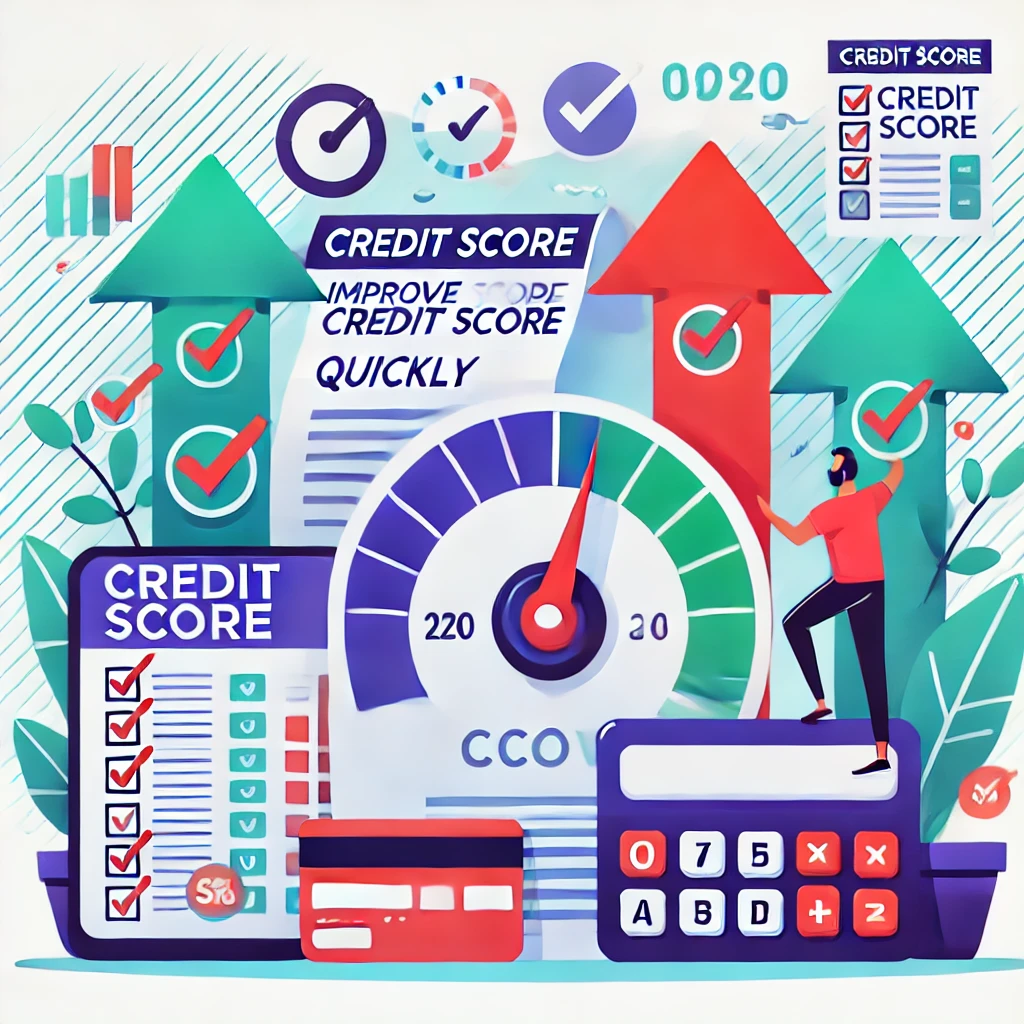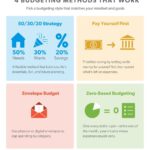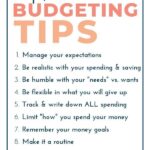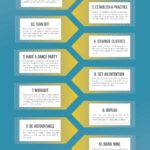How to Improve Credit Score Quickly
Introduction
Your credit score is a key indicator of your financial health. It affects everything from the interest rate on your mortgage to whether you can secure a loan for a new car or apartment. For many, improving a credit score quickly can feel like an overwhelming task, but with the right strategies, it’s entirely achievable. This article will break down the most effective ways to improve your credit score fast, provide real-world examples, and offer actionable steps you can take today.
Understanding Your Credit Score
Before diving into how to improve your credit score quickly, it’s essential to understand what factors influence your score. Most credit scores, such as the FICO score, range from 300 to 850 and are calculated based on five key factors:
- Payment History (35%): Your history of making payments on time.
- Amounts Owed (30%): The total amount of debt you carry.
- Length of Credit History (15%): How long your credit accounts have been active.
- Credit Mix (10%): The variety of credit types you have (credit cards, loans, mortgages, etc.).
- New Credit (10%): The number of new credit inquiries and accounts.
Steps to Improve Your Credit Score Quickly
1. Check Your Credit Report for Errors
One of the fastest ways to potentially improve your credit score is by checking for and disputing errors on your credit report. According to a Federal Trade Commission study, 1 in 5 people had an error on at least one of their credit reports.
Actionable Steps:
- Request a free credit report from the three major credit bureaus (Equifax, Experian, and TransUnion) through AnnualCreditReport.com.
- Carefully review your report for errors such as incorrect personal information, inaccurate account balances, or late payments that you know were made on time.
- Dispute errors with the credit bureau directly online or via mail. Once corrected, your score could improve within 30 days.
Real-World Example:
John found a delinquent credit card payment on his report that wasn’t his. After disputing the error, the credit bureau removed the inaccurate information, resulting in a 50-point boost to his score within a month.
2. Pay Down Credit Card Balances
One of the most impactful actions you can take is reducing your credit card balances. The credit utilization ratio—how much of your available credit you’re using—makes up 30% of your score. Keeping this ratio below 30% is critical, but lowering it below 10% can yield even faster improvements.
Actionable Steps:
- Focus on paying off high-interest credit cards first to reduce your overall debt load.
- Aim to pay down balances so that you’re using no more than 30% of your available credit limit.
- Consider making multiple payments per month to keep your utilization low throughout the billing cycle.
Real-World Example:
Sarah had a credit utilization ratio of 60% across her credit cards. By aggressively paying down her balances over two months, she reduced her utilization to 20%, resulting in a 70-point increase in her credit score.
3. Increase Your Credit Limit
If paying down balances isn’t an immediate option, increasing your credit limit can also lower your credit utilization ratio, which can lead to a quick improvement in your score.
Actionable Steps:
- Contact your credit card issuer and request a credit limit increase. Some issuers may offer automatic increases based on your credit history.
- Be cautious not to increase your spending after your limit is raised, as this could negate any benefit to your score.
Real-World Example:
Mike’s credit card limit was $5,000, and his balance was $2,000, giving him a 40% utilization ratio. After requesting an increase, his credit limit was raised to $10,000, instantly reducing his utilization to 20% and boosting his score by 40 points.
4. Become an Authorized User on Someone Else’s Account
If you have a trusted family member or friend with a strong credit history, becoming an authorized user on their account can significantly boost your credit score. As an authorized user, their good credit behavior—such as on-time payments and low utilization—can positively impact your score.
Actionable Steps:
- Ask someone with excellent credit and a long credit history if you can be added as an authorized user on one of their credit cards.
- Ensure the account has a good track record of on-time payments and low balances before being added.
Real-World Example:
Emily’s father added her as an authorized user on his 20-year-old credit card account. Within two months, Emily’s score rose by 100 points as her credit history lengthened and her utilization rate dropped.
5. Set Up Payment Reminders or Automatic Payments
Missing or late payments can quickly tank your credit score. Ensuring that all your bills are paid on time is the simplest way to maintain or improve your credit score.
Actionable Steps:
- Set up automatic payments for all your credit accounts to avoid missed or late payments.
- Use digital payment reminder apps to notify you of upcoming due dates.
- Prioritize paying bills with the highest interest rates first.
Real-World Example:
Lisa had a habit of missing her credit card payment due dates, which hurt her score. After setting up automatic payments, she avoided future late payments, which contributed to her score climbing by 30 points over the next few months.
6. Consolidate Your Debt with a Personal Loan
Consolidating credit card debt with a personal loan can quickly improve your credit score by reducing your credit utilization. Personal loans are considered installment debt, and since they don’t factor into the credit utilization ratio, paying off revolving debt (like credit cards) with a personal loan can boost your score.
Actionable Steps:
- Shop around for personal loans with competitive interest rates.
- Use the loan to pay off high-interest credit cards, then focus on paying off the loan.
- Avoid adding new debt after consolidation.
Real-World Example:
James had $10,000 in credit card debt with a high utilization ratio. After consolidating his debt with a personal loan, his score jumped by 60 points because his utilization rate dropped significantly.
7. Use Experian Boost or Other Credit Boost Services
Experian Boost allows you to add on-time payments for utility bills and streaming services to your credit report, helping to increase your credit score. This method only affects your Experian report but can still provide a notable score improvement.
Actionable Steps:
- Sign up for Experian Boost and link your utility and telecommunications accounts.
- Make sure you have a history of on-time payments for these bills.
Real-World Example:
Daniel had never used credit before, but after using Experian Boost and adding his utility payments, he saw a 20-point increase in his credit score in just a few weeks.
How Quickly Can You Improve Your Credit Score?
The speed at which your credit score improves depends on your starting point and the actions you take. While some methods (like disputing errors or becoming an authorized user) can yield results in as little as 30 days, other strategies (like paying down debt) might take a few months to see significant changes.
For example, increasing your credit limit or paying down a large chunk of debt can result in a noticeable score jump within a billing cycle. On the other hand, building a longer history of on-time payments or establishing new credit accounts may take several months to show improvement.
Frequently Asked Questions
1. What are the best strategies on how to improve credit score quickly?
To improve your credit score quickly, focus on paying down high balances, lowering your credit utilization ratio, and disputing any errors on your credit report.
2. Can paying off debt help in how to improve credit score quickly?
Yes, paying off credit card debt can significantly lower your credit utilization, which is one of the fastest ways to improve your credit score quickly.
3. Does becoming an authorized user help in how to improve credit score quickly?
Yes, being added as an authorized user on someone else’s credit card with a good payment history can help improve your credit score quickly by adding positive credit behavior to your report.
4. How does credit utilization affect how to improve credit score quickly?
Lowering your credit utilization ratio (ideally below 30%) is one of the most effective ways to improve credit score quickly, as it represents 30% of your score.
5. Will disputing errors help in how to improve credit score quickly?
Yes, disputing inaccuracies on your credit report and having them removed can lead to a quick improvement in your credit score, especially if the errors involved late payments or high balances.
6. How do new credit inquiries affect how to improve credit score quickly?
Avoid applying for new credit unless necessary. New credit inquiries can temporarily lower your score, and reducing inquiries is part of how to improve credit score quickly.
7. Is using a personal loan for debt consolidation a good strategy on how to improve credit score quickly?
Yes, consolidating high-interest credit card debt with a personal loan can lower your credit utilization ratio, which can improve your credit score quickly.
8. Can using Experian Boost help in how to improve credit score quickly?
Yes, services like Experian Boost allow you to add utility and phone bill payments to your credit report, which can help improve your credit score quickly, especially for those with limited credit history.
9. How fast can results be seen when focusing on how to improve credit score quickly?
Results can be seen in as little as 30 days, especially if you focus on paying down balances, correcting errors on your credit report, or becoming an authorized user.
10. Does increasing your credit limit help in how to improve credit score quickly?
Yes, increasing your credit limit without adding new debt lowers your credit utilization, which can help improve your credit score quickly. Just be sure not to increase spending.
Conclusion: Key Takeaways for Fast Credit Score Improvement
Improving your credit score quickly requires a multi-faceted approach that includes reducing your credit utilization, disputing errors, and ensuring on-time payments. Here’s a summary of actionable strategies:
- Check your credit report for errors and dispute any inaccuracies to potentially see a quick boost.
- Pay down your credit card balances to lower your credit utilization.
- Increase your credit limit or consolidate your debt with a personal loan to improve your utilization ratio.
- Become an authorized user on a trusted person’s account to benefit from their good credit history.
- Set up automatic payments to avoid missed payments, which can harm your score.
- Use services like Experian Boost to add utility and phone payments to your credit report.
By combining these strategies and staying consistent, you can see improvements in your credit score relatively quickly, positioning yourself for better financial opportunities in the future.
For more detailed steps on how to create a household budget, check out this guide on household budgeting.







